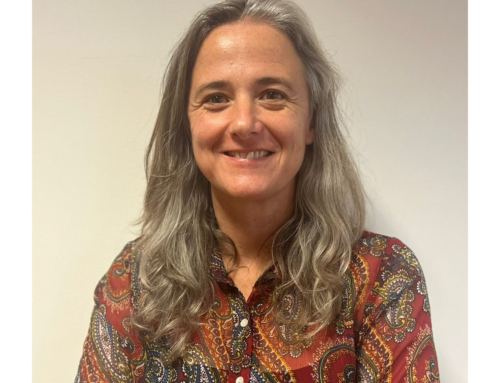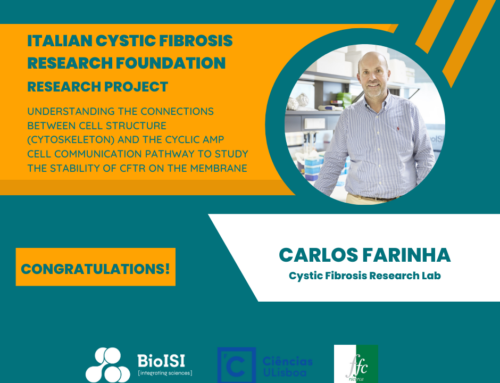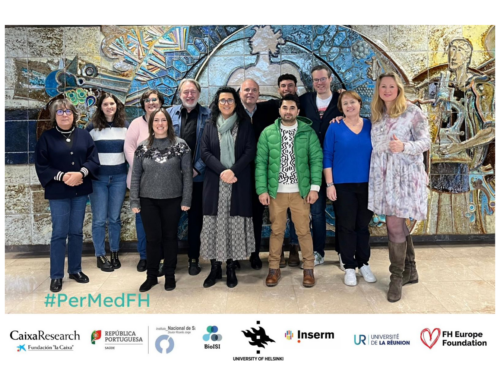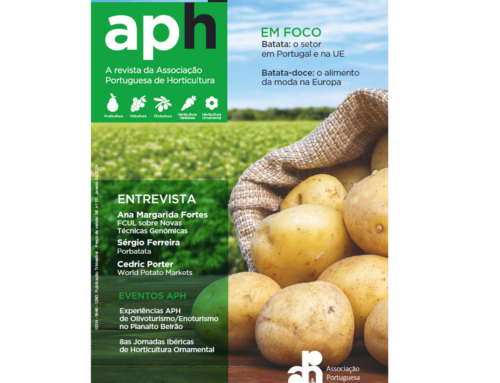In a study recently published in Nature Communications, a team of researchers lead by Ganna Rozhnova, Assistant Professor from the University Medical Center Utrecht and an affiliated researcher from BioISI, investigated different relaxation scenarios during the SARS-CoV-2 vaccination rollout in Portugal.
The team of this study included other Portuguese researchers from BioISI (Ana Nunes from Bio-PhysNano Group) and the Faculty of Sciences of the University of Lisbon (Manuel Carmo Gomes and João Viana), Marc Veldhoen from Instituto de Medicina Molecular João Lobo Antunes – IMM and collaborators from the University Medical Center Utrecht and Los Alamos National Laboratory.
The researchers used state of the art computational methods to fit a transmission model of SARS-CoV-2 to long, age-structured series of hospital admissions with COVID-19 and to cross-sectional age-stratified data on the SARS-CoV-2 seroprevalence. The calibrated model was then combined with the projected vaccination coverage for Portugal to investigate future pandemic trajectories for 2021 under different relaxation scenarios. The model made use of the Portuguese demographic and social contact data and also accounted for an increase in the transmisibility of the virus due to the rapid spread of B.1.1.7. variant in the country in 2021. The codes for reproducing all the results are publicly available in the GitHub repository.
This study contributes towards better understanding of when and which control measures can be relaxed as mass vaccination programs progress in 2021 and highlights that additional waves of COVID-19 hospitalizations can be prevented if measures are relaxed in a step-wise manner. The choice of Portugal as a case study makes this one of the first COVID-19 dedicated modelling efforts to inform policy-making in the country.
Congratulations to BioISI researchers Ganna Rozhnova and Ana Nunes for their important contribution!


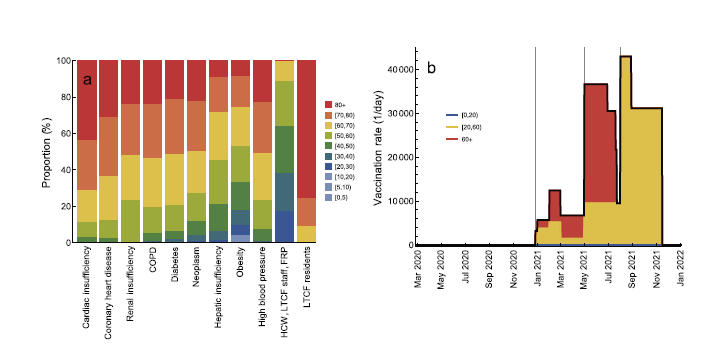
![Bio[r]SciDE – Science Days and Ephemeris | Rare Disease Day](https://bioisi-novo.campus.ciencias.ulisboa.pt/wp-content/uploads/sites/59/2024/03/Rare-Disease-Day-2024-feat-500x383.png)
